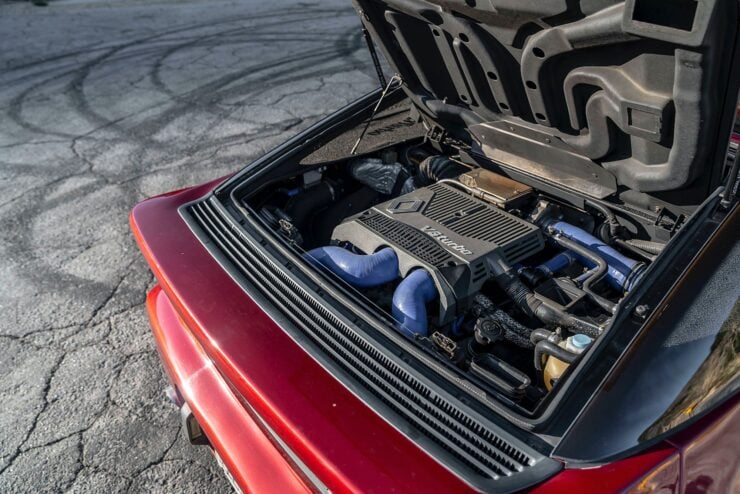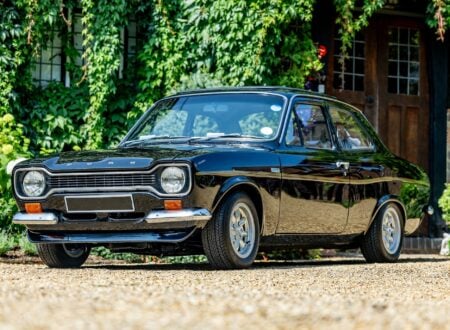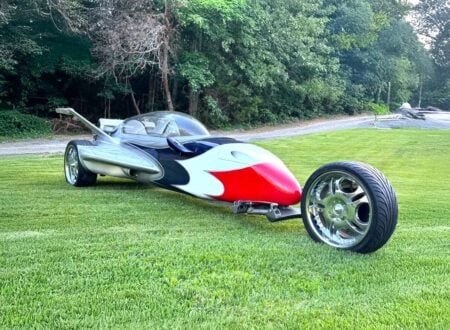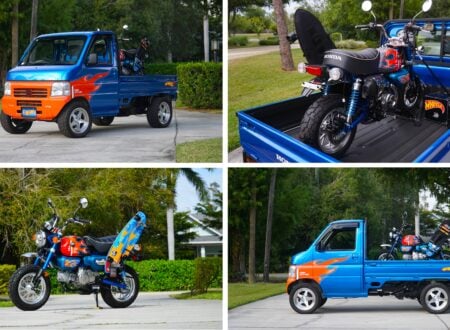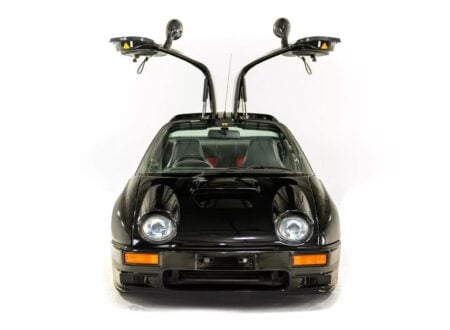The Alpine A610 would be the last hurrah of the small but celebrated French automaker, it would represent the ultimate evolutionary iteration of the car that started out as the Alpine A310, before being developed into the Alpine GTA, and from there into the A610.
Alpine introduced the A610 in 1991, it looked similar the outgoing GTA model however it used all new body panels and popup headlights in place of the fixed headlights of its predecessor. Power was now provided by the considerably more powerful turbocharged PRV 90º V6, producing 247 bhp.
Fast Facts
- The Alpine A610 was introduced in 1991 as a replacement for the outgoing Alpine GTA. Both cars used a fiberglass body on a steel backbone chassis with a rear-mounted engine, only a few parts were interchangeable between them.
- Alpine started out as an independent French sports car maker that used a significant number of Renault parts. Over the years the two companies became closely interlinked and in 1974 Renault acquired Alpine.
- Alpine became famous for building lightweight fiberglass cars with backbone chassis and rear-mounted engines. In 1973 they won the World Rally Championship with their A110 model, beating Porsche, Lancia, and Ford.
Société des Automobiles Alpine
The Alpine A610 was built between 1991 and 1995, it would be the final production car from the French automaker until the marque was resurrected by Renault in 2017 with the release of the all new Alpine A110.
Alpine (pronounced al-peen) was originally founded back in 1954 by Jean Rédélé, the owner of a garage in Dieppe, in northern France. Rédélé started out racing a Renault 4CV and over time he incorporated a slew of his own upgrades and modifications, including cars with special lightweight aluminum bodies that he raced at the 24 Hours of Le Mans and Sebring in the early 1950s.
Rédélé stared Alpine in 1954, the company’s first car was the Alpine A106, it used a Renault 4CV chassis and running gear, with a new body was designed by Giovanni Michelotti and built from fiberglass by Chappe et Gessalin – fiberglass being a state-of-the-art material at the time.
The A106 enjoyed a number of successes in competition and it led to the development of a series of similar cars including the A108 and perhaps the most famous of all, the Alpine A110. Alpine enjoyed a significant number of race and rally wins over the 1960s and 1970s, including winning the World Rally Championship.
By the 1980s the company was building production cars and competing with the likes of the Porsche 944 and the similarly fiberglass-bodied sports cars from companies like Lotus and TVR. Alpine was still using the same fundamental architecture for its cars, that is a fiberglass (and polyester) body fitted to a steel backbone chassis.
By the mid-1970s when the Alpine A310 was introduced the style became modern overnight, with futuristic-looking cars that almost appeared to have been driven out of a Syd Mead illustration. The A310 was followed by the similarly futuristic Alpine GTA, which then made way for the car you see here, the Alpine A610 which would also be the final production car built by the marque in its original incarnation.
Alpine A610 Specifications
Unlike the Alpine A310 which had a body moulded in a single piece, the GTA and the A610 had bodies moulded in a series of body panels which were then combined. This made the car far easier to build and far easier to repair in the event of an accident.
The A610 would be one of the fastest production Alpines ever built, thanks to its rear-mounted 3.0 liter PRV 90º V6 engine producing 247 bhp at 5,750 rpm and 258 lb ft of torque at 2,900 rpm. This engine was used in a number of different configurations in a wide variety of vehicles, including the DMC DeLorean, the Venturi 400, and the Renault Espace.
For use in the A610 the PRV V6 was fitted with a Garrett AiResearch T3 turbocharger producing 11.0 PSI (0.76 bar), which is why it is able to produce such healthy torque figures so low in the rev range.
Power is sent to the rear wheels via a 5-speed manual transmission and the car is capable of doing the 0 – 62 mph dash in 5.9 seconds then on to a top speed of 165 mph or 265 km/h.
Just 818 examples of the Alpine A610 were ever made and they’re now starting to appear on the radar of enthusiasts and collectors, perhaps helped on a little by the rebranding of the Renault Formula 1 Team to Alpine and the release of the new Alpine A110.
The Alpine A610 Shown Here
The A610 you see here is a 1993 model finished with Scarlet Red Pearl paintwork with a grey leather interior, it has just 66,672 kms (41,428 miles) on the odometer and it benefits from a comprehensive servicing which was carried out recently.
This car was originally exported to Japan, it was then shipped to the United States more recently where it’s now road registered. The car is still fitted with its original 16-inch ‘turbine’ alloy wheels, now shod with Pirelli rubber front and back.
Inside the car you’ll find many modern conveniences, like power windows, air-conditioning, a heated rear screen, and seating for four adults in leather upholstered bucket seats.
This unusual Alpine is one of the best A610 survivors we’ve seen in recent memory, it’s not known how many have survived to the modern day and there are very few on the the road in the United States.
If you’d like to read more about it or register to bid you can click here to visit the listing on Collecting Cars.
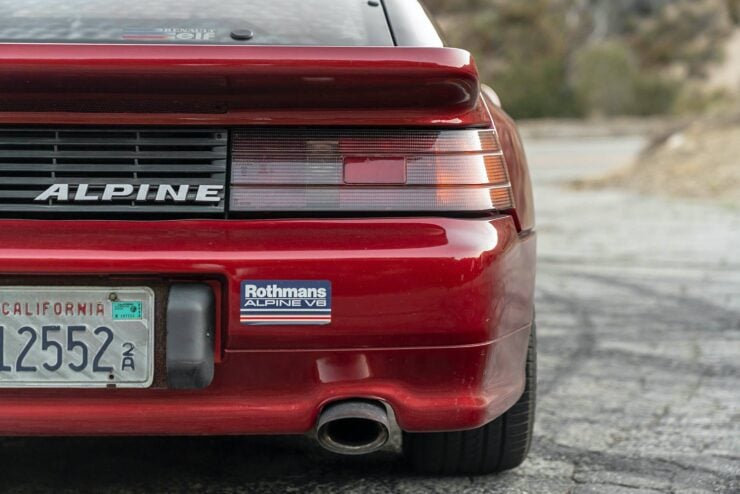
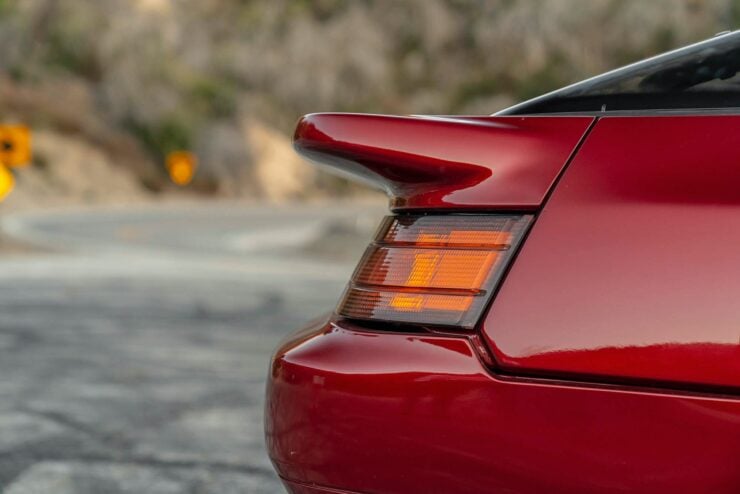
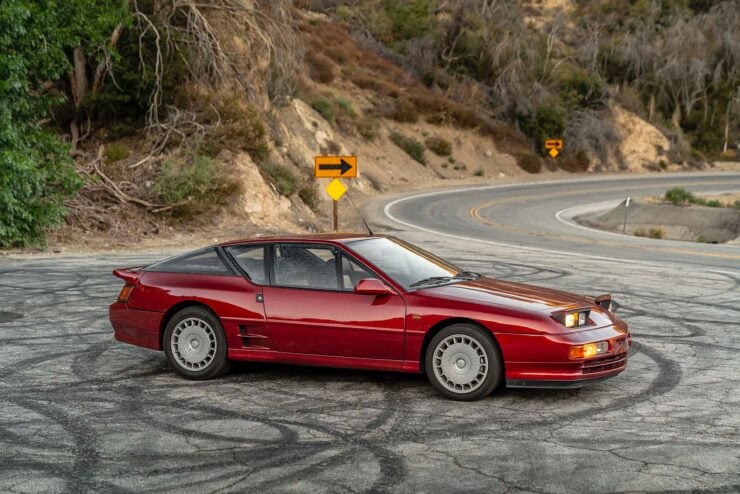
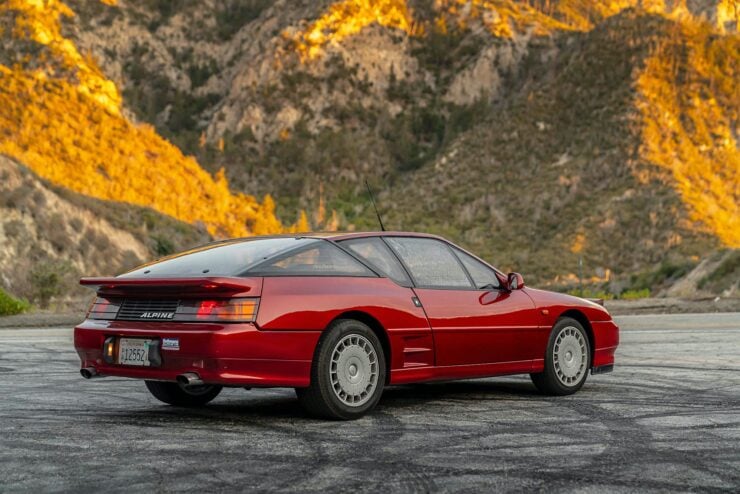
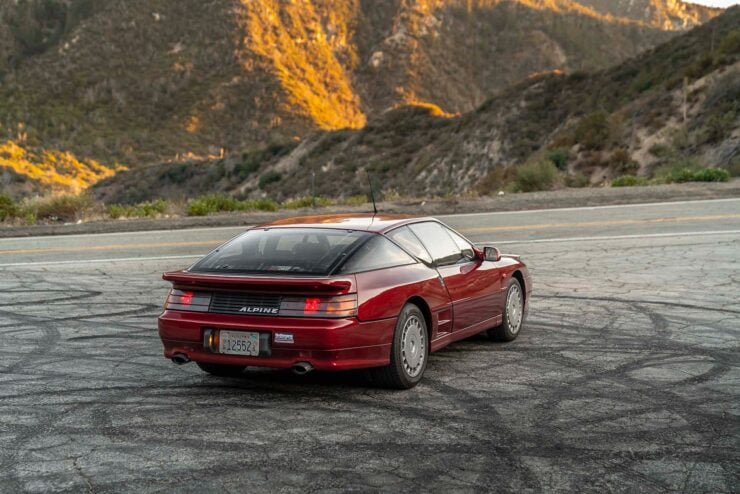
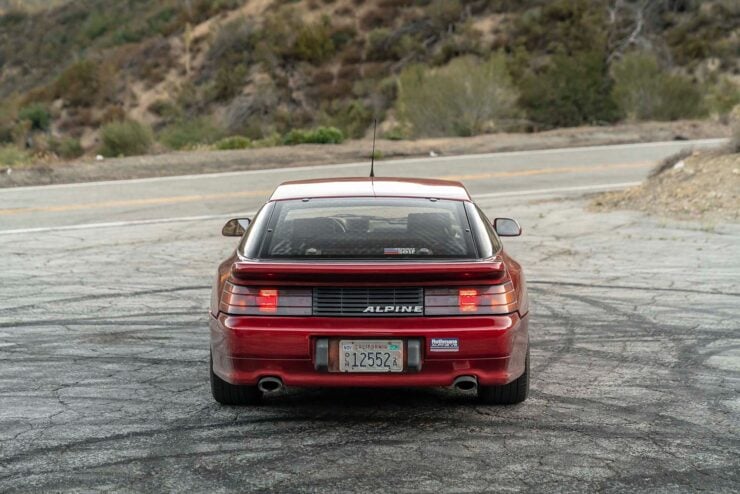
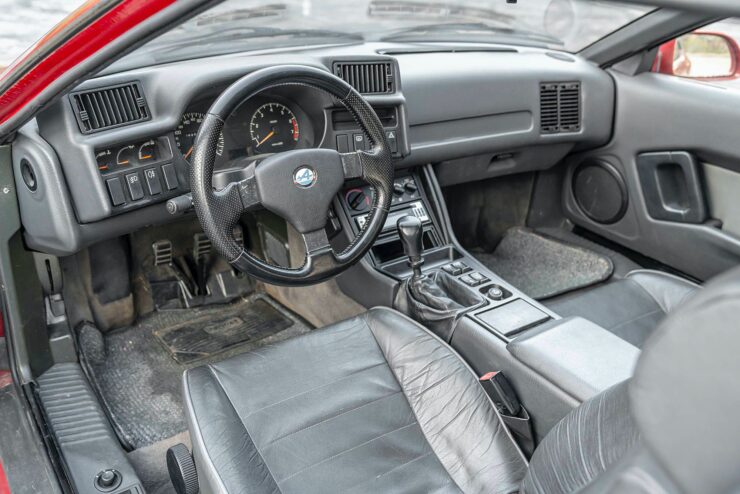
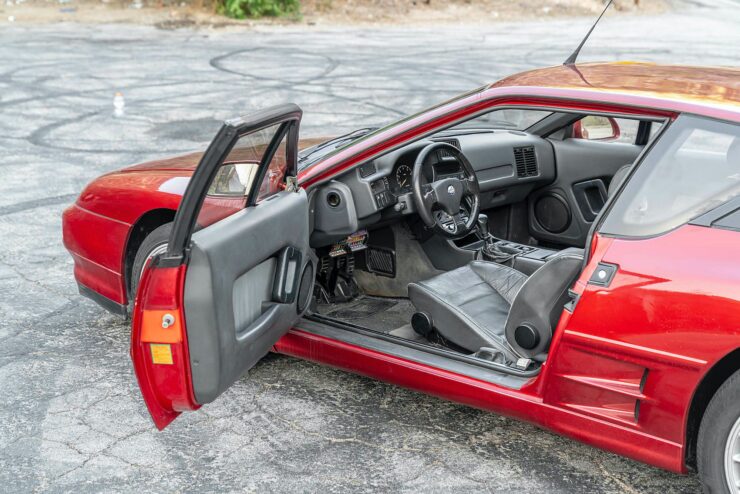
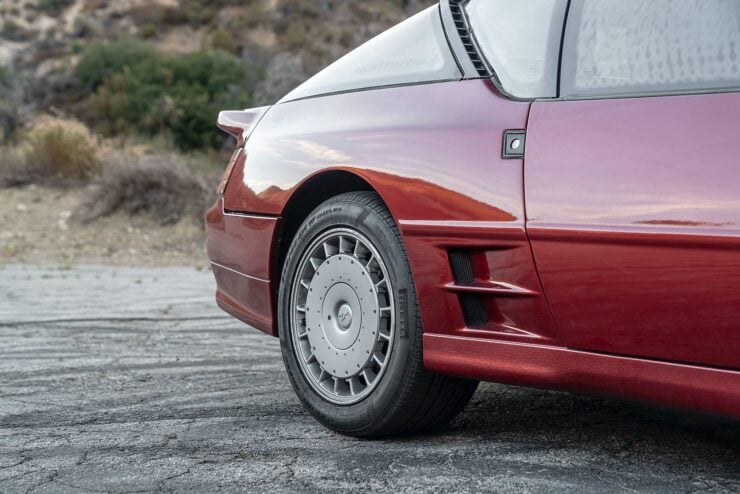
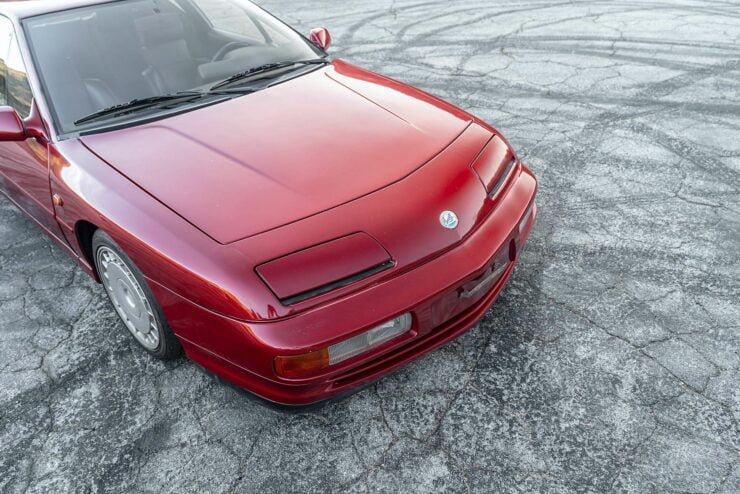
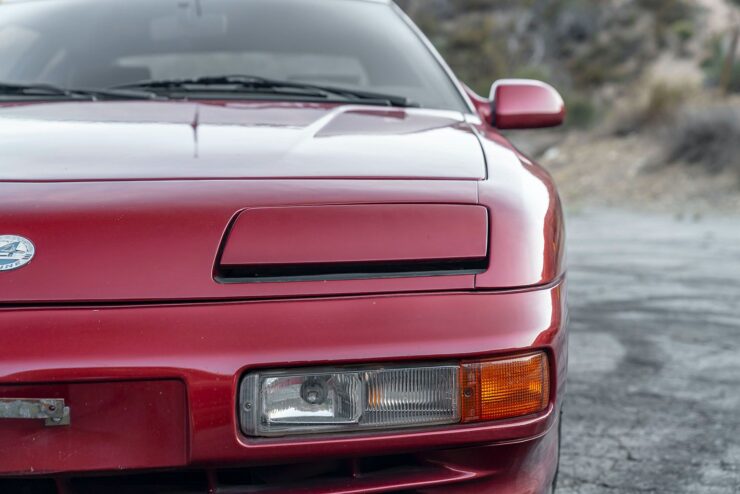
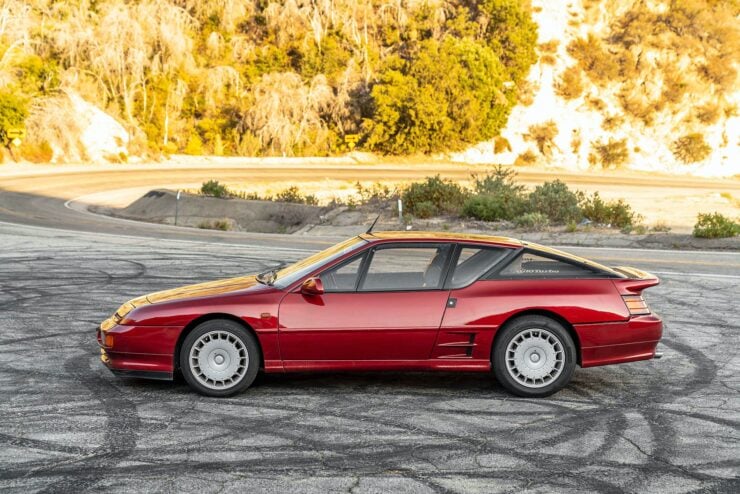
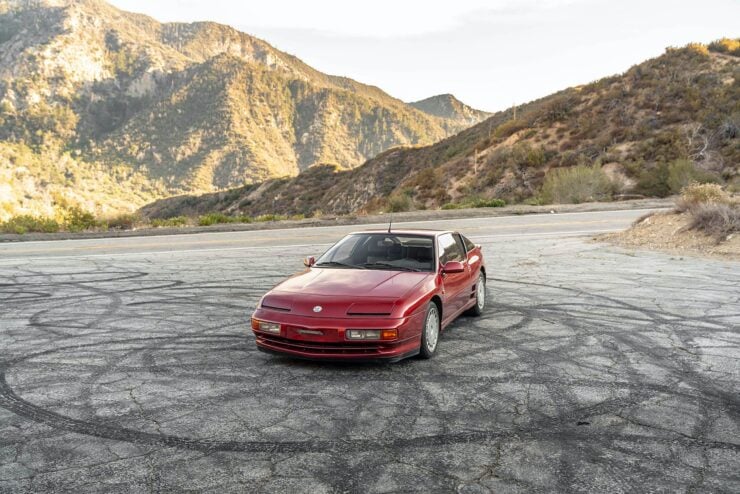
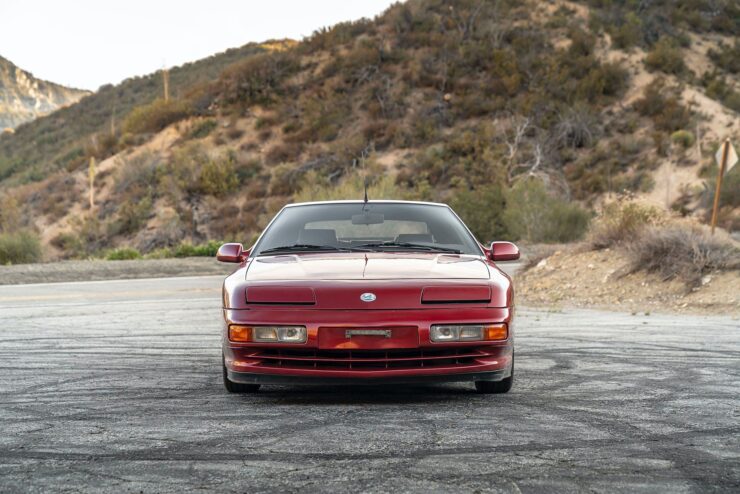
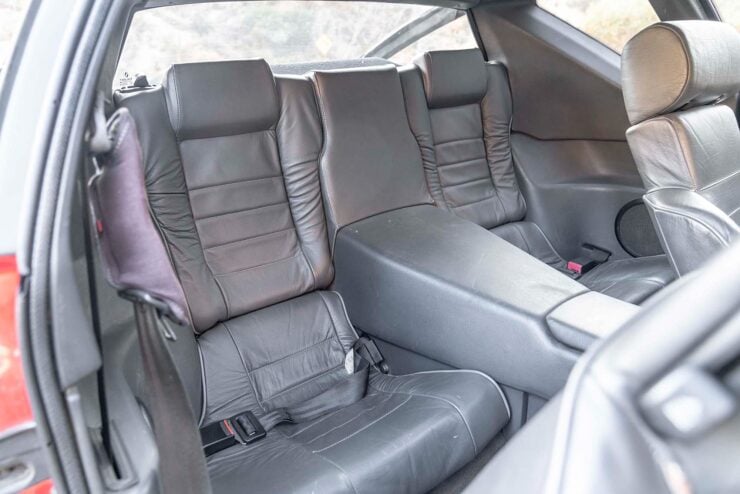
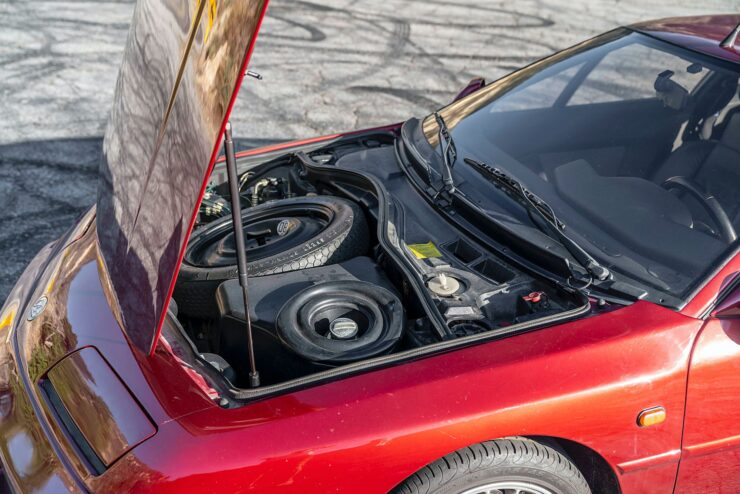
Images courtesy of Collecting Cars

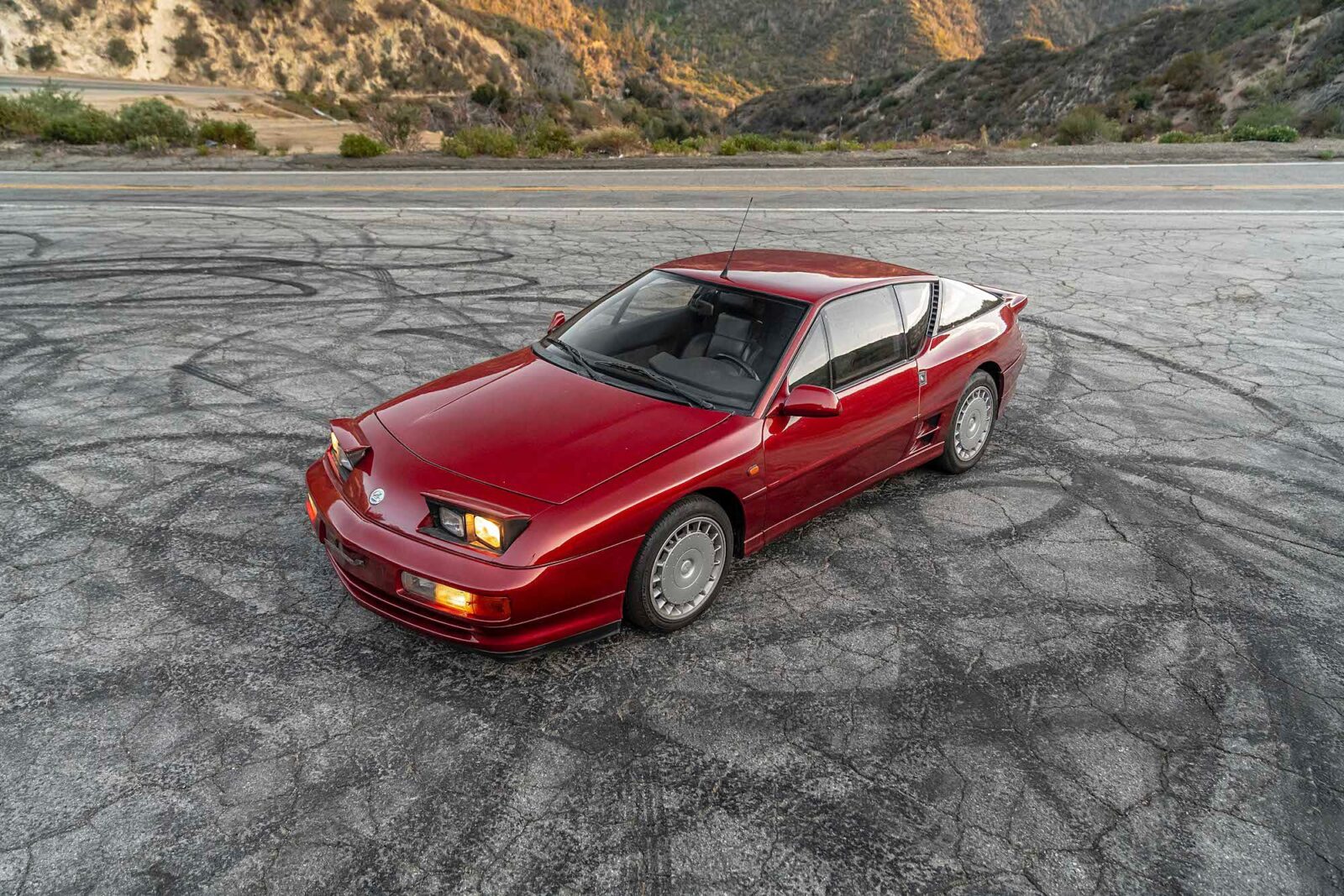
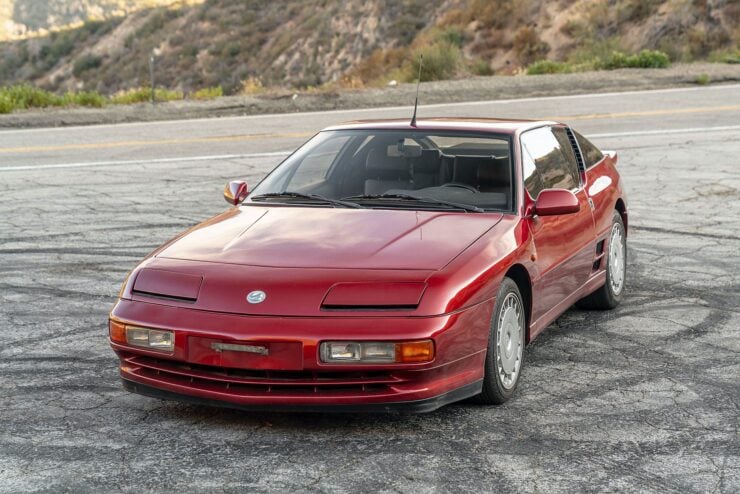
 The aerodymamic styling of the A610 resulted in a drag coefficient of just 0.30 .
The aerodymamic styling of the A610 resulted in a drag coefficient of just 0.30 .